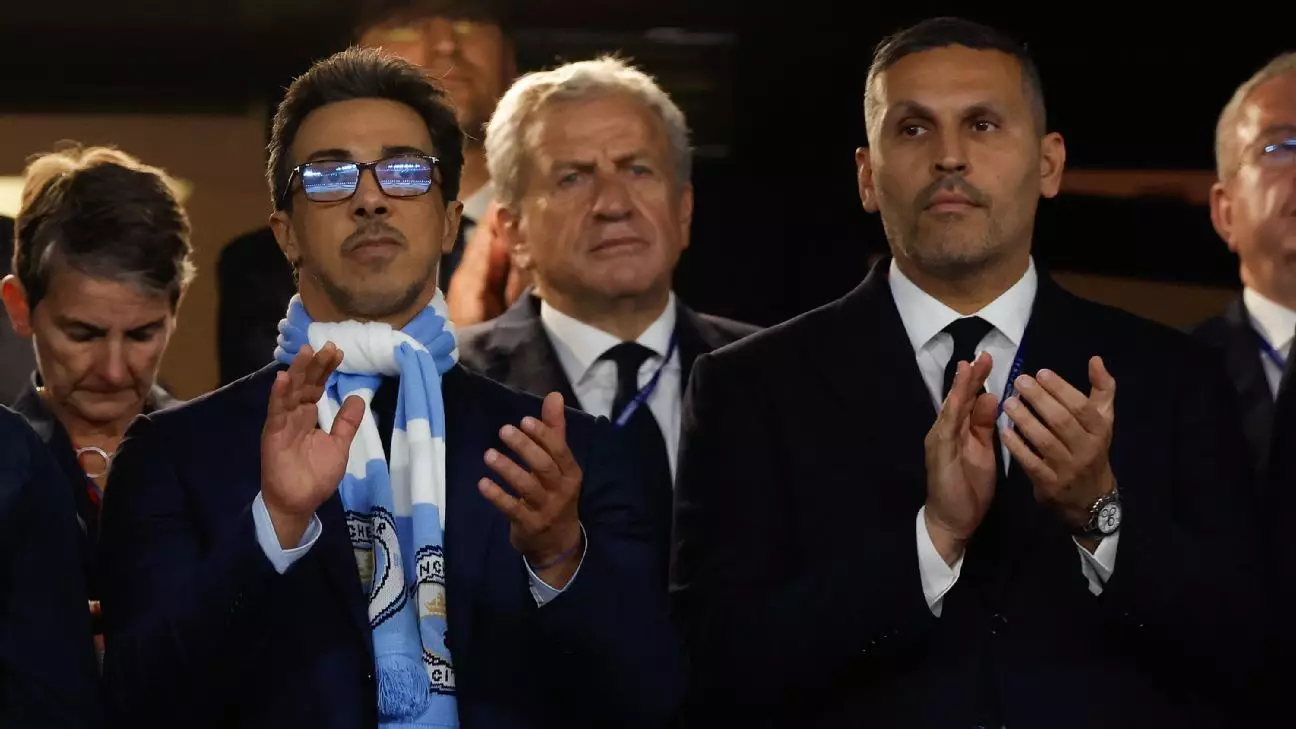As the gavel finally descends and the courtroom doors open, Manchester City stands at a consequential crossroad that will indelibly shape the future of both the club and the English Premier League (EPL). The proceedings, which began on September 16, 2023, concern an extensive list of 115 charges leveled against Manchester City, alleging serious breaches of the league’s financial regulations. What began as a festive celebration of the club’s meteoric rise since its 2008 takeover has turned into a bitter battleground, where reputations are at stake, and the consequences could reverberate through professional football for years to come.
The stakes in this case could not be higher for both parties involved. Manchester City’s legacy, meticulously crafted over nearly a decade with 21 major honors under its belt, hangs in the balance. The allegations, if substantiated, threaten to sully the reputation of not only the club but also the prestigious league itself. The looming penalties include hefty financial sanctions, crippling points deductions, and even the potential expulsion from the Premier League. A ruling against City would cause a seismic shift in how the league is perceived both domestically and internationally.
Conversely, should Manchester City successfully contest these charges, it would serve as a colossal embarrassment for the Premier League and its administrators. The case would challenge the league’s standing and its commitments to enforcing guidelines intended to ensure fair play among all clubs. Therefore, both the future of City’s stars, including manager Pep Guardiola—whose contract is set to expire next summer—and the broader integrity of the Premier League are intricately entwined in the outcome of this case.
The charges against Manchester City have their roots in a trove of documents revealed by the Football Leaks website in 2018, which posited serious questions regarding the transparency of the club’s financial conduct. These documents suggested that high-ranking executives at City engaged in deliberate efforts to misrepresent sponsorship earnings. The subsequent investigation by UEFA, which temporarily resulted in a two-year Champions League ban for City, was called into question when that ruling was overturned by the Court of Arbitration for Sport (CAS). The CAS ruled that the allegations were “time-barred,” a loophole absent in the Premier League’s regulatory framework.
For the Premier League, the ramifications extend far beyond immediate penalties. With 54 charges arising from failures to furnish honest financial records, 14 pertaining to misreporting player and manager remuneration, and several more related to UEFA’s Financial Fair Play rules, this landmark case could redefine standards of accountability in English football. It also raises broader questions about how financial governance and oversight are applied in sports, likely prompting a reevaluation of existing regulations.
The outcome of the hearing, which is expected to last at least ten weeks, could dictate the next direction for Manchester City. This collision of legal principles and competitive integrity will also impact how the Premier League manages its enforcement of financial regulations in the long term. Premier League CEO Richard Masters has already recognized the need for these proceedings to conclude, indicating a commitment to uphold the league’s extensive rulebook. Yet, the eventual decision, and the perception of fairness surrounding it, must abide by rigorous legal scrutiny lest the integrity of the league come into question.
Moreover, the conclusion of this hearing could trigger a chain reaction across the football industry, where similar cases have been rumored, opening discussions about financial propriety among clubs and potentially affecting investor confidence. A punitive ruling against City may embolden other leagues to impose stingier governance models for club finances, while an acquittal may inadvertently embolden clubs to take risks in financial reporting, confident that the repercussions are manageable.
As the panel of legal experts prepares to deliberative on the evidence, all eyes—both in football and in the legal community—are fixed on the impending conclusions. Guardiola recently expressed hope that the proceedings would be swift yet thorough, reiterating the stance that “everyone is innocent until proven guilty.” This case symbolizes a struggle for justice and a fight to uphold the principles that govern competitive sports.
The ramifications of this hearing will likely extend beyond mere penalties or exonerations; they will shape perceptions, determine the future of a footballing giant, and perhaps rewrite the narrative of what accountability looks like in the charm and chaos of the beautiful game. The inquiry is not merely a judicial exercise; it is a defining moment for the rules that govern the pitches and the boardrooms of Premier League football. Whatever the verdict may be, it will be a landmark moment, sealing Manchester City’s fate and casting long shadows over the future of the English Premier League.

